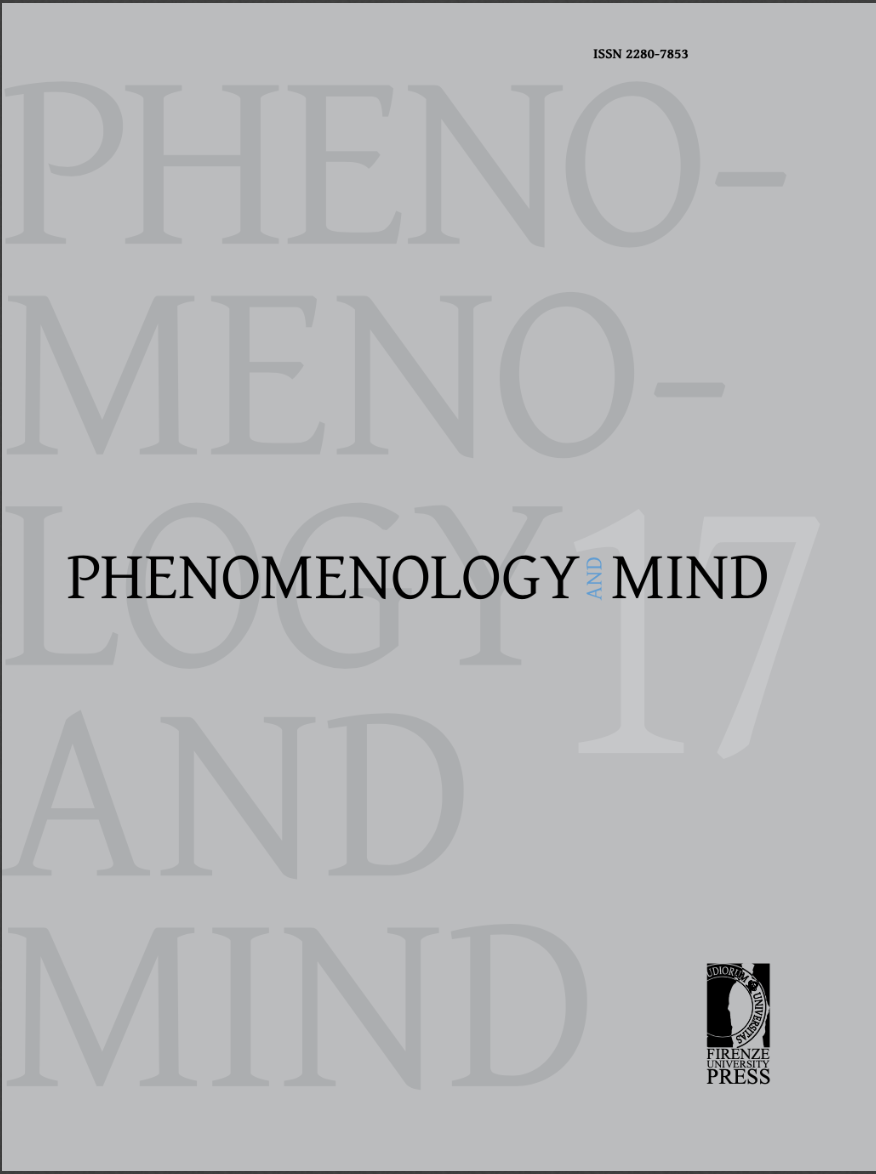Published 2016-04-07
Keywords
- unreasonableness,
- liberalism,
- Rawls
How to Cite
Abstract
This contribution intends to extend my previous attempt to defend modus vivendi as an alternative way to include people who do not share the essentials of a liberal society. The idea was to respond to a claim to realism: besides loyal citizens, whose doctrines overlap on the basics of a fair society, there are people whose loyalty towards institutions is not be wholehearted – since they do not concur to their public justification – but who may endorse them in a stable way. I consider now a further way to deal with inclusion, compliance and stability: besides division on fundamental commitments and disagreement about values, peaceful coexistence may find strength in an alternative way to conceive the attitude of cooperation as rooted in a joint commitment. My argument will be presented as follows: a) I recall my conclusions about my idea of stable modus vivendi; b) I try and improve the wished outcome of stability in spite of partial political loyalty by reinforcing this with the argument of joint commitment; c) I draw some interlocutory conclusions.

